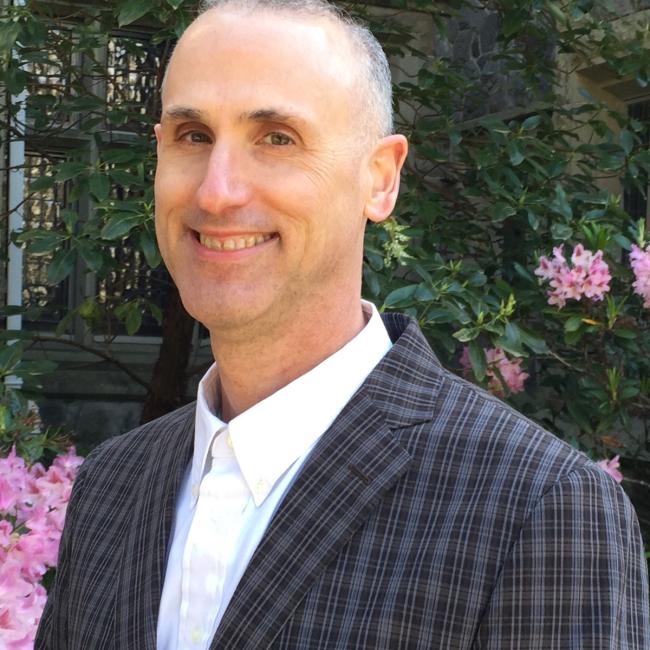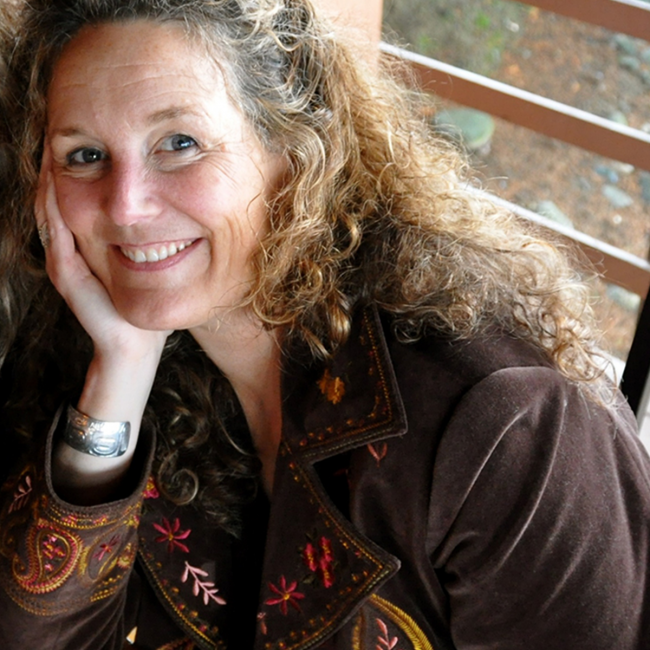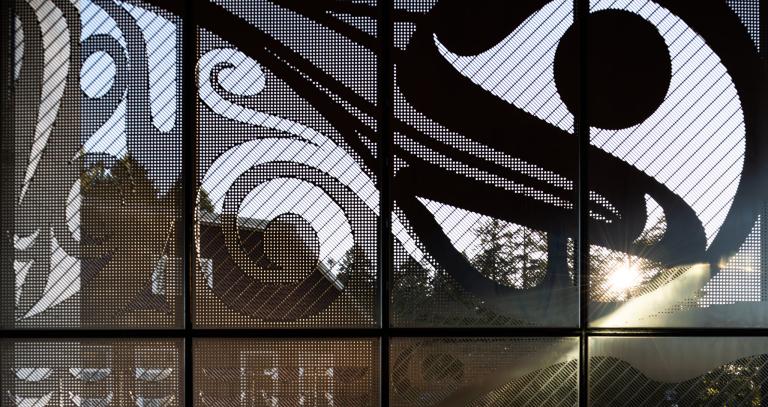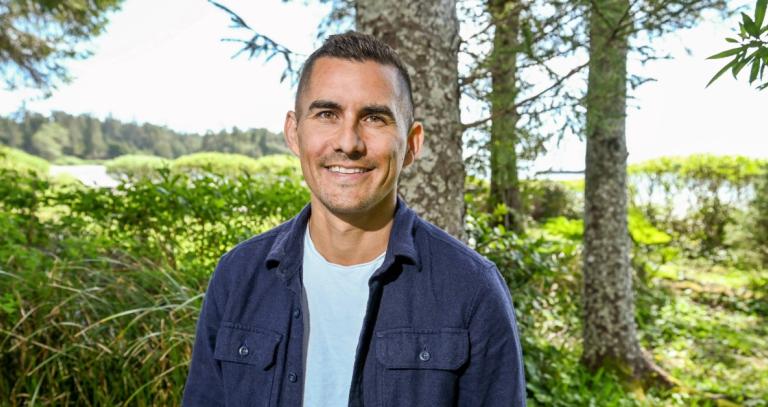Cultivate your mastery and deepen your passions with an education of personal and planetary significance.
Build your skills and imagination as an environmental educator and communicator.
Earn your degree through a blend of online learning and on-campus residencies with experiential learning, arts- and nature-based inquiry, field school and field trips.
You'll apply your learning and research to inspire a more interconnected, humane and healthy future.
Blended delivery
Learn online, on-campus and in the Broughton Archipelago with local NGO’s, community members, and leaders from Kwakwaka’wakw Nations.
Interdisciplinary
Combines environmental education, communication practices, nature- and arts-based inquiry.
Laddered design
Purposefully designed for high completion rates: progress from a certificate to a diploma to a master's degree.
Upcoming offerings
July 06, 2026
Application deadline ℹ
Delivery model
Domestic tuition
International tuition
Related Schedules
July 05, 2027
Application deadline ℹ
Delivery model
Domestic tuition
International tuition
Related Schedules
Request more information
Build your skills as an environmental educator & communicator
Integrate what you already know with what you learn here, and turn it into real action in your life and work. Develop a stronger understanding of sustainability, explore systems theory and grow your own sense of ecological identity.
Through this program, you'll also learn beyond the classroom — in nature and into new ways of thinking.
Learn creative and strategic communication skills, and practice design thinking.
Develop a critical awareness of multiple perspectives and a closer connection with the natural world through worldviews, ecopsychology and Indigenous ways of being and knowing.
Your learning will focus on how we live, act, relate, teach and communicate. You'll also explore the interconnectedness of the biosphere through hands-on learning at field school within Indigenous communities.
This program invites you to grow as an environmental educator and communicator. Applied projects and research will let you practice and live what you learn right away.
Learn through a field school within coastal Indigenous communities.
A highlight of the program is a one-week field school during second residency. Your class will be immersed in the experience of Indigenous ways of being and knowing, and learn in nature.
Situated in traditional coastal territories within various Indigenous communities, you will study biodiversity and adaptation within a “living laboratory” of the field.
Guest lecturers and Elders from the communities share their knowledge in-situ, allowing you to explore ecological principles that govern ecosystem dynamics and sustainability alongside Indigenous customs, heritage, and lands.

*Please note: An additional Field School fee will apply.
Program outcomes
Once you have completed this program, you'll be prepared to inspire change in a broad range of sectors. Students have secured jobs or advancement in areas like:
- Director of Policy & Communication, Saskatchewan Environmental Society
- Education and Engagement Manager, Climate Reality Project Canada
- Environmental Lead/ Education Coordinator, Nelson Museum
- Environmental Educator & Program Coordinator, Biosphere Institute of the Bow Valley
- Environmental Education Coordinator, City of Saanich
- Coordinator, Eco trust
- Farm Manager and Food Systems Lead, RRU
- Climate Action Leadership manager, RRU
- Assistant professor Environmental Studies, Western Washington State University
- Assistant professor, UBC Science program
- Advancement in K-12 and post-secondary system administration
You can build your way here
If you are interested in this program, you can build up to it gradually, with a five-month graduate certificate or one-year graduate diploma. Connect with an advisor to explore how this program can fit with your work and life.
Learn through a blend of online learning and on-campus residencies.
This program is designed to help you study without leaving your job. Check with your employer about your schedule and time off. In many cases, employers may support, mentor or sponsor you.
Online learning
Online courses include readings, lectures, discussions, and individual and team assignments. You’re expected to meet deadlines and actively contribute to class learning.
Each course runs for 10 to 12 weeks with a short break in between, requiring 10-15 hours of work per week. You'll begin with a required non-credit course on academic integrity.
Residencies
You'll take part in two, three-week residencies at the start and middle of your studies.
During your residency, you'll encounter experiential learning, arts and nature-based inquiry and field school and field trips. You're also expected to:
- attend classes full time (e.g., Monday to Friday from 8:30 a.m. to 4:30 p.m.)
- complete homework and individual and team assignments outside of class hours
- take part in extracurricular activities
Completion options
Complete your degree by writing a thesis or conducting a major research project combined with an additional elective.
Option 1: Thesis
A thesis is a systemic and theoretical study of a significant problem, issue or phenomenon. Considering your research interests in advance is helpful, as this information can strengthen your application.
Option 2: Major Research Project
Collaborate with organizations or communities on participatory research for positive change or focus on curriculum design, teaching tools, communication plans, policies or program evaluations. You could also explore arts-based research to present your final project as a film, podcast series, performance, exhibition or installation.
Courses
Faculty
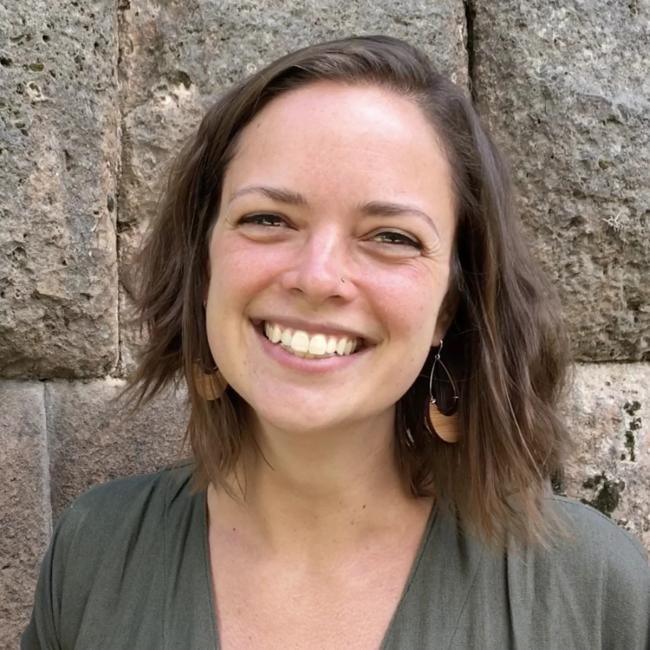
Associate faculty

Associate faculty
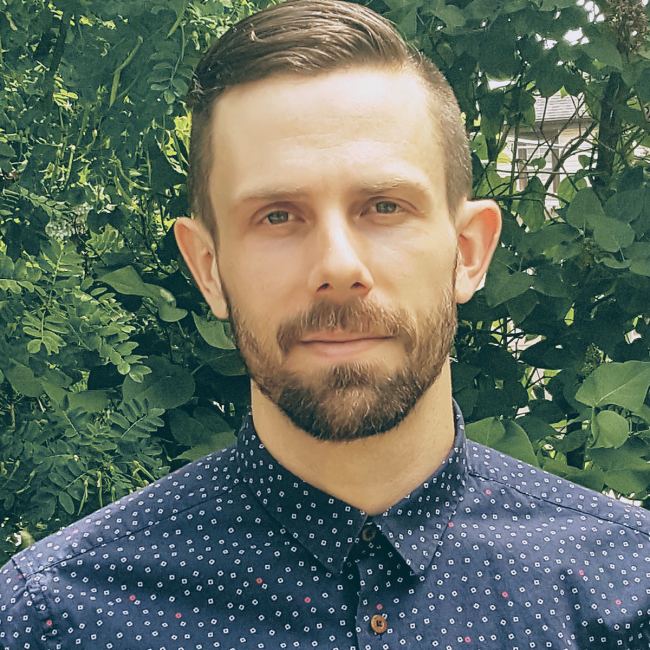
Associate faculty
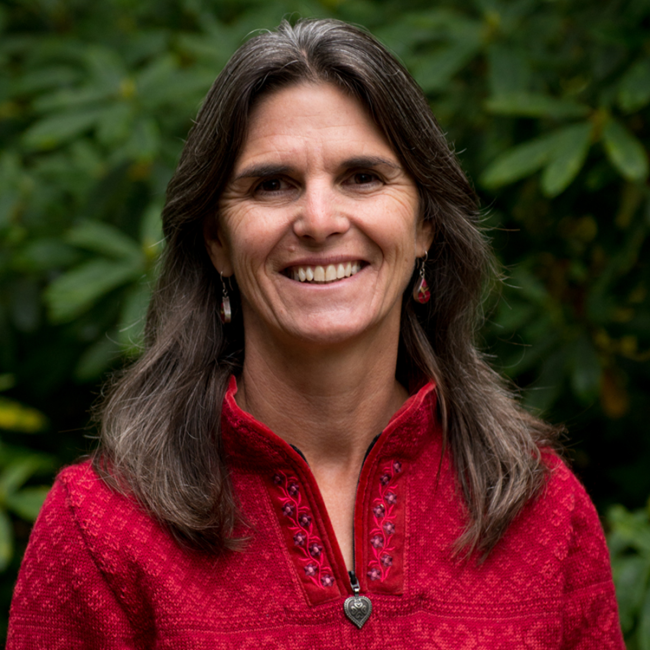
Associate faculty
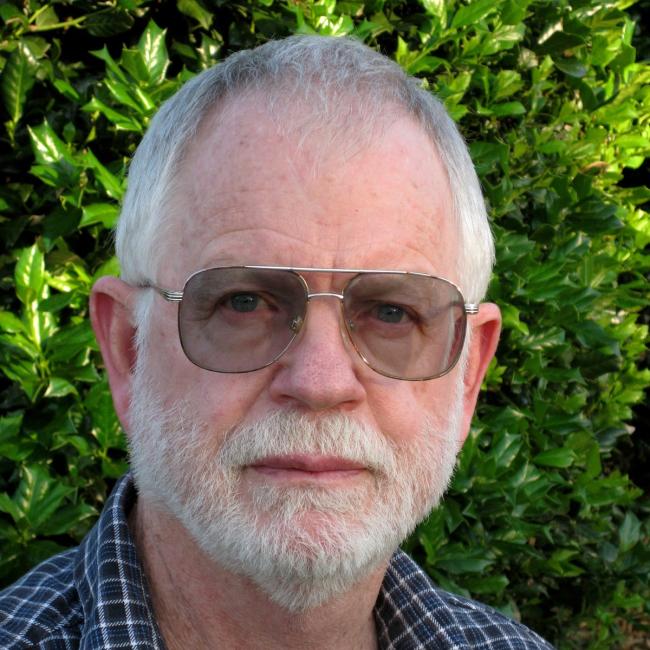
Associate faculty

Associate faculty
Transfer agreements
Refine results
Standard admission
- Completion of a four-year (or comparable) undergraduate degree from a recognized post-secondary institution, with a minimum GPA of 'B' (3.00/4.33).
- Normally, at least two years of relevant work or volunteer experience.
- Applicants who meet the degree requirement, but not the GPA requirement, will normally be required to complete "Academic Writing and Critical Thinking", with a minimum passing grade, prior to commencing the program.
Flexible admission
Applicants who do not meet the Standard Admission requirements will be considered for flexible admission and assessed as follows:
- Normally, six years of relevant work experience, or an equivalent combination of education and experience.
- Normally, flexible admission applicants will be required to complete "Academic Writing and Critical Thinking", with a minimum passing grade, prior to commencing the program.
English language proficiency
- If English is not your primary language, please review our English language requirements.
Additional recommendations
- Our program is designed to be of benefit for a wide range of education and communication practitioners, especially those who have an interest in or a responsibility for leadership in the context of sustainability. As such, work and volunteer experience are key requirements of admission to the program.
- Indication of potential thesis topic and thesis sponsor is beneficial to a candidate’s application.
Learn more about the application requirements.
All applications to this program require submission of the following information and supporting documents before your file can be assessed for admission:
Application form
In order to apply online, you will be required to create a log-in account using your email address. You will be required to list all credit courses and/or programs you have completed or are currently enrolled in. An application fee will be required. If your application fees are being paid by a third party, review sponsored student information. Once submitted, you may check the status of your application at any time.
Missed your application deadline? While we can’t make any guarantees, we may be able to accommodate late applications if there's still space and enough time to process. If you're interested in an intake that is now closed to applications, apply for the next available intake and email Admissions with your preferred start date. Make sure you’re prepared to submit your program's required documents right away. We can't make an admissions decision without them.
Official transcripts
Applicants are responsible for arranging for the submission of official transcripts from ALL post-secondary (higher education) institutions currently or previously attended, for all credit courses and/or programs. Transcripts are not required for non-credit programs or courses, though some programs may require proof of professional certifications or designations.
Transcripts are considered official only if submitted directly by the Registrar or other recognized authority of the providing institution in the institution's original, sealed envelope. If the envelope has been opened, the transcripts are no longer official and new (official) transcripts will be required to complete your application.
All international transcripts or credentials are subject to an international transcript and/or credential evaluation.
Personal statement
Your personal statement should indicate your motivation for seeking entrance to the program. It should comment upon your personal and career goals, the expectations you have for the program in relation to the achievement of your goals, and the strengths you feel you can bring to the program. In your personal statement, it would be useful to discuss the type of project that you would be interested in pursuing as part of your studies. Length of the personal statement should be two pages.
Letters of reference
Ideally, one reference letter is based on your work experience; the other on either your academic performance or your community service. However, two work-related references are acceptable in certain cases.
Reference letters are individual documents that can take a number of formats. Length and level of detail can vary; there is no set standard. That said, your reference letters should confirm that your referee feels you are a suitable candidate for the MA in Environmental Education and Communication, that you will succeed in the program and why, how they feel it will benefit you, and any additional information from the referee that indicates you are a good fit for this program. The context in which the referee has come to know you should also be mentioned.
Detailed résumé
Your detailed résumé should include the following:
- Education: List all post secondary education, degrees, diplomas, and certificates you have achieved.
- Training/professional development: List career related training and professional development programs completed within the past five years. Include the source of training, and the duration and year completed. List other training and personal development programs not already identified.
- Work experience: Please unpaid work experienceWork Experience: List and describe any voluntary/unpaid post-secondary employment and/or community service experience. Please include the name of the organization, length of service, and a brief description of duties. List positions you have held in this service.
- Information technology training and experience: Briefly describe your level of training and experience in the use of information technology including computers, software and telecommunications networks as tools for business, education, teaching and personal use.
- Professional memberships and affiliations: List memberships and positions you hold/have held in professional associations, service clubs, community/volunteer sector.
- Publications and relevant projects: List of publications and relevant projects.
- Other relevant information : Provide any other information which you believe is relevant to your application and will be of assistance to the review committee.
If applicable:
- Applicants declaring permanent resident or Convention Refugee status in Canada, must submit a copy of their Permanent Resident Card (PR card) along with their application.
- Transcript evaluation fee or credential evaluation report, if submitting international transcripts.
- An official English language proficiency score report or other evidence of proficiency if English is not your primary language.
- Other information or documents as may be requested to determine your eligibility.
For information on how and where to send your supporting documents, please refer to the document submission guidelines.
